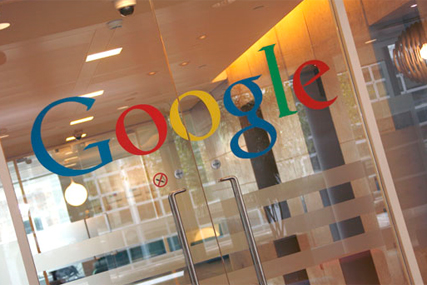
If Google was taxed for its news content, it could raise £100m that could be used by traditional regional news organisations suffering financial pressures, the report by The Commission of Inquiry into the Future of Civil Society in UK and Ireland said.
The report, which examines ways to improve civic society, warned that original journalism is being replaced by "creative cannibalisation" in the newspaper industry, due to economic restrictions.
It argues that media control is centred on too few players, with four publishers controlling 70% of local and regional press, three broadcasters produce national news, and 80% of the commercial radio market is controlled by four companies.
It also cites Newspaper Society claims that more than 100 local titles closed in 2009.
Referring to an Institute for Public Policy Research report, it states that a 1% levy on pay TV-operators such as BSkyB and Virgin Media could generate around £70m a year to fund public service broadcasting. A similar fee imposed on the country’s five mobile operators could bring in £208m a year.
The report also suggests that charities or endowments could become potential funding models, and that UK law should be changed to follow the US model of "philanthropy journalism".
It added: "As the news media landscape rapidly changes, there is an urgent need to strengthen the role of civil society associations in helping to develop independent news media that survey the socio-political environment, hold governments and other officials to account, scrutinise the behaviour of powerful institutions, provide platforms for intelligible and illuminating advocacy, and offer the opportunity for diverse voices and agendas to deliberate meaningfully."
The report was funded by the Carnegie UK Trust, a non-profit foundation established in 1913 by Andrew Carnegie, the Scottish-American philanthropist.


.jpg)


.jpg)